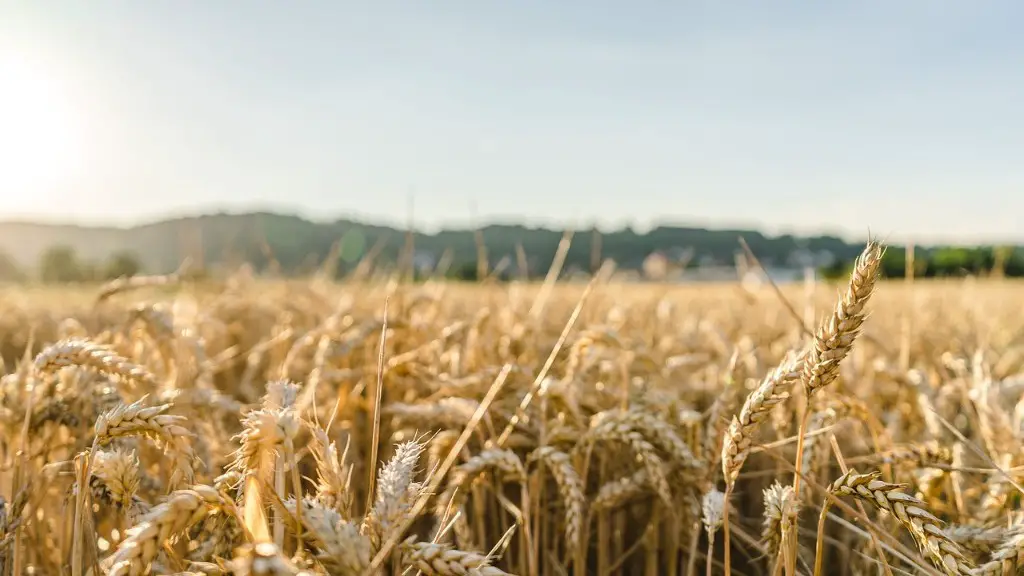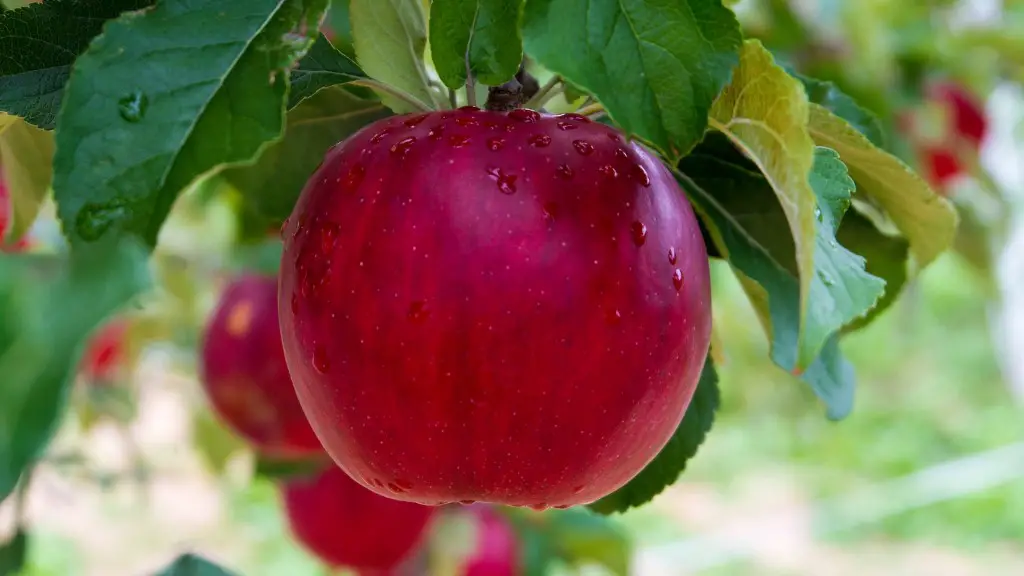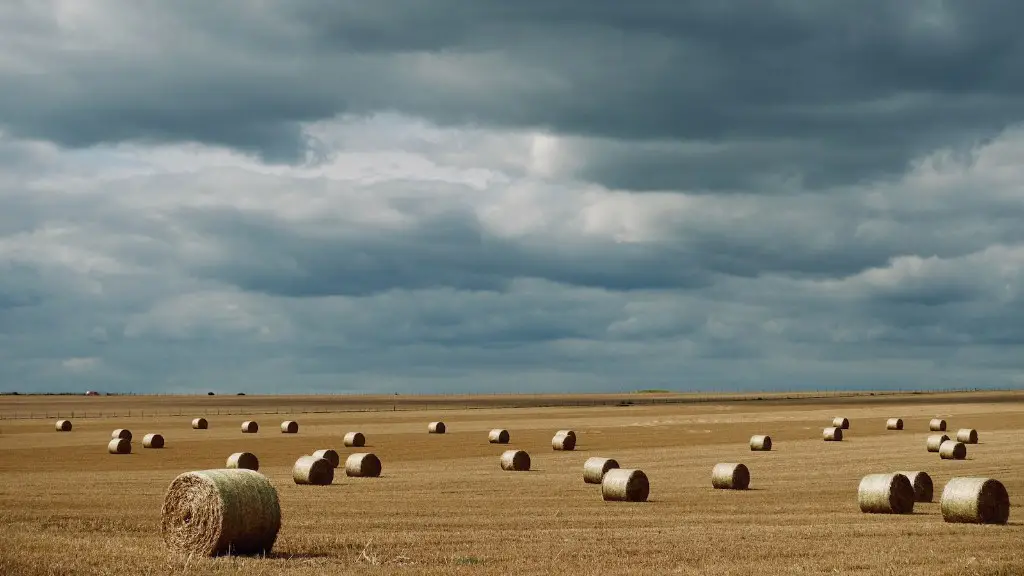Agriculture is an integral part of many economies across the world, and therefore an important part of any general or specialist studies. A significant part of agricultural studies involves mathematics, however, it may still be possible to study agriculture without mathematics. Here, we take a look at the options of studying agriculture without formal mathematics qualifications.
Practicability of Studying Agriculture without Mathematics
It is still possible to study certain aspects of agriculture without maths, although certain disciplines, such as agricultural engineering and plant and soil sciences, require a better understanding of related mathematical concepts. Agricultural economics, agribusiness, and agricultural education are some of the subjects one can study without math, depending on the level of focus.
For areas that require mathematics, there may be alternative methods to learn the foundational principles and calculations. For instance, there are programs that use data analysis and artificial intelligence to assist in the understanding of mathematics. This allows students to obtain the necessary maths proficiency without a formal qualification.
Implications of Studying Agriculture without Mathematics
Studying pure agriculture without mathematics can drastically reduce the breadth of career choices available after graduation. While traditional agriculture deals with animal husbandry, crop production, soil maintenance, etc., the modern agricultural industry involves a wider range of pursuits that require a deep understanding of applied mathematics. Without this expertise, it is difficult to obtain highly sought-after positions in agricultural companies.
In addition, many agricultural research activities require the use of complex mathematical computations and analysis. Many of the modern agricultural methods and technologies (e.g. genetics, big data-driven decision-making, precision farming, etc.) require the use mathematical algorithms, which are hard to understand without prior knowledge and experience of mathematics.
Further Educational Opportunities
If students prefer to learn mathematics, there are a number of educational and vocational opportunities available. Community colleges, technical schools, and universities offer part-time and online courses that specialize in teaching the basics of mathematics for the agricultural industry.
In addition, there are various industry qualifications that one can take up, such as the Advanced Level Apprenticeship in Agriculture and Environment, or the Level 3 Diploma in Agriculture. These qualifications provide structure for those wishing to enter the agricultural industry and learn the necessary mathematic principles.
Impact of Mathematics on Agriculture
The importance of mathematics in agriculture can hardly be overstated. Mathematics is used thoroughly in agricultural processes and decisions, especially when it comes to demand forecasting, planting, harvest scheduling, yield analysis and other aspects of running a profitable and environmentally conscious farm. Mathematical models are used to understand the effects of environmental factors, such as weather and soil fertility, on crop growth and yield.
Apart from that, mathematics is used to determine optimum irrigation systems, improve the use of fertilizers to enhance productivity and maximize the benefit of crop rotation. Research data is available to demonstrate the effectiveness of mathematics in agriculture and its contribution to sustainable agriculture.
Tools for Mathematical Study in Agriculture
Many tools are available for those looking to learn the mathematics that is applicable to the study of agriculture. Online tutorials, books and software programs are available to help understand the mathematical principles involved in crop production, soil fertility and other related aspects of the trade. Interactive graphics packages like GIS (geographical information systems) are also available to help better understand the effects of climatic conditions and other agricultural management strategies.
In addition, online platforms such as SeedIntelligence provide interactive agricultural analysis and management tools in an AI-driven platform. With this platform, one can use machine learning to make predictions and improve operations. Moreover, modern digital tools enable farmers to track and analyze data, crop growth and other management activities in real-time.
Agricultural Mathematics and Other Disciplines
Apart from mathematics, there are other disciplines relevant to modern-day agricultural studies, such as biology, ecology, soil science, meteorology, entomology and crop physiology. Knowing the application of these disciplines are essential in understanding the overall process of agricultural production and development. Knowledge of these related scientific principles will aid in comprehending the impact of mathematics on contemporary agriculture.
By understanding the fundamental principles in each of the related scientific disciplines, you can apply these to the mathematics of agriculture. For example, understanding the principles of soil science can help scientists accurately measure and monitor soil fertility in order to optimize crop production. Similarly, understanding principles of anthropology can be applied to the study of sustainable agriculture.
Conclusion
In conclusion, it may still be possible to study agriculture without mathematics. However, without having at least some comfort with the relevant mathematical principles, the true potential of successful agricultural development cannot be maximized. Studying the related scientific disciplines can help you understand the impact of mathematics on agriculture, while also providing essential knowledge to support mathematical understanding.



